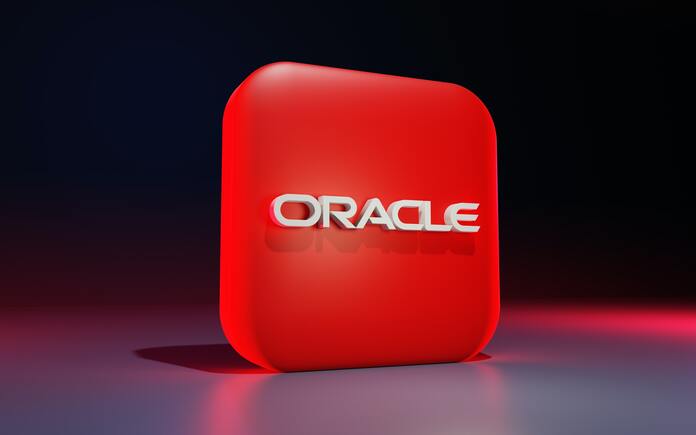Oracle (NASDAQ:ORCL) has made NVIDIA’s Artificial Intelligence (AI) Enterprise and the NVIDIA DGX Cloud AI supercomputing platform available on the Oracle Cloud Marketplace. This strategic move underscores Oracle’s commitment to advancing AI by facilitating easy access to NVIDIA’s secure and scalable AI platform for comprehensive development and deployment on the Oracle Cloud Infrastructure (OCI). Qualified customers have the opportunity to acquire NVIDIA AI Enterprise and DGX Cloud using their existing Oracle Universal Credits.
Earlier this year, OCI made history by becoming the first hyperscale cloud provider to offer NVIDIA DGX Cloud. With the inclusion of NVIDIA AI Enterprise in the Oracle Cloud Marketplace, customers can efficiently engage in large-model training for generative AI applications on OCI. This encompasses workloads optimized by NVIDIA NeMo, a cloud-native framework designed for the creation, customization, and deployment of generative AI.
Numerous organizations have already harnessed the power of NVDA’s accelerated computing and AI on OCI. For example, Gemelo.ai utilizes NVIDIA Maxine GPU-accelerated AI software development kits and cloud-native microservices on OCI AI Infrastructure to drive its advanced text-to-speech, voice-to-voice, and voice-cloning systems.
Oracle Cloud Marketplace Faces Stiff Competition
While Oracle’s partnership with NVIDIA has bolstered its presence in the cloud marketplace, it also faces formidable competition from industry giants like Amazon Web Services (AWS) and Google, an Alphabet division.
AWS is a major cloud provider offering a wide array of over 200 distinct services. However, it does not provide a uniform uptime guarantee or service-level agreement (SLA) for its entire AWS cloud. AWS offers SLAs for individual services. It offers a regional-level SLA of 99.99% and an instance-level SLA of 99.5%. AWS employs a tiered service credit system, with the percentage of service credits tied to the duration of an outage, meaning longer outages qualify for greater service credits.
Google, another key player in the cloud market, links its SLAs to specific services. For example, its Compute Engine guarantees over 99.5% availability for a single instance, a figure that rises to 99.99% for instances spanning multiple zones or load-balanced instances. Google also provides financial credit in the event of SLA breaches, and it has an extensive network of data centers across multiple regions worldwide.
Oracle Cloud, on the other hand, is recognized for its focus on delivering cloud solutions that seamlessly integrate with Oracle’s software and databases. The platform offers a diverse range of cloud services, including the Oracle Autonomous Database, Oracle Exadata Cloud Service, and Oracle Real Application Clusters.
Oracle Cloud serves as a solid foundation for custom applications and is compatible with ORCL’s applications and technologies. The company has been expanding its network of data centers to enhance its global presence and provide services from various geographic locations.
The choice among Oracle Cloud, AWS, or Google largely depends on specific business needs, existing technology setups, regulatory compliance requirements, and budget constraints. Organizations typically assess various cloud providers and conduct thorough cost-benefit evaluations to identify the most suitable fit for their workloads and overarching strategic goals.
Featured Image: Unsplash




